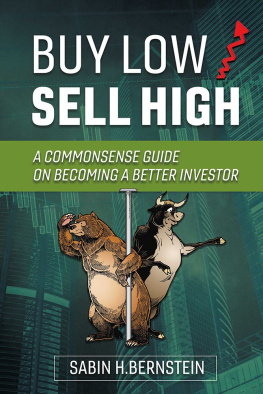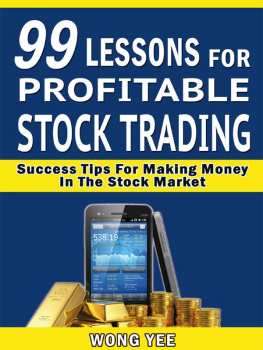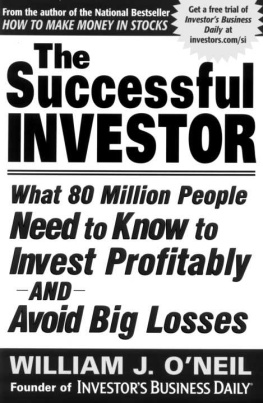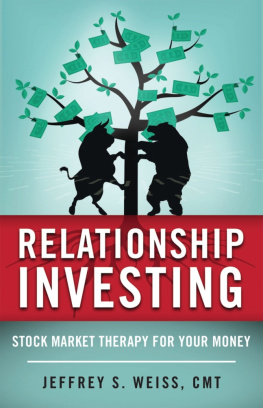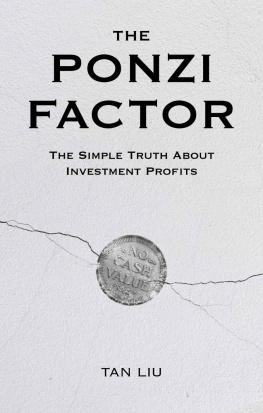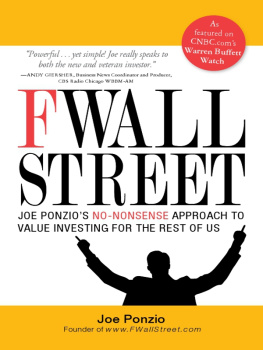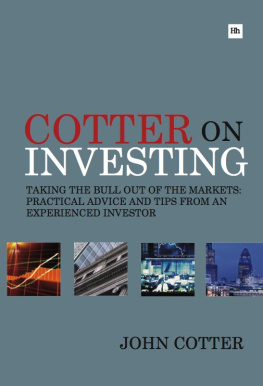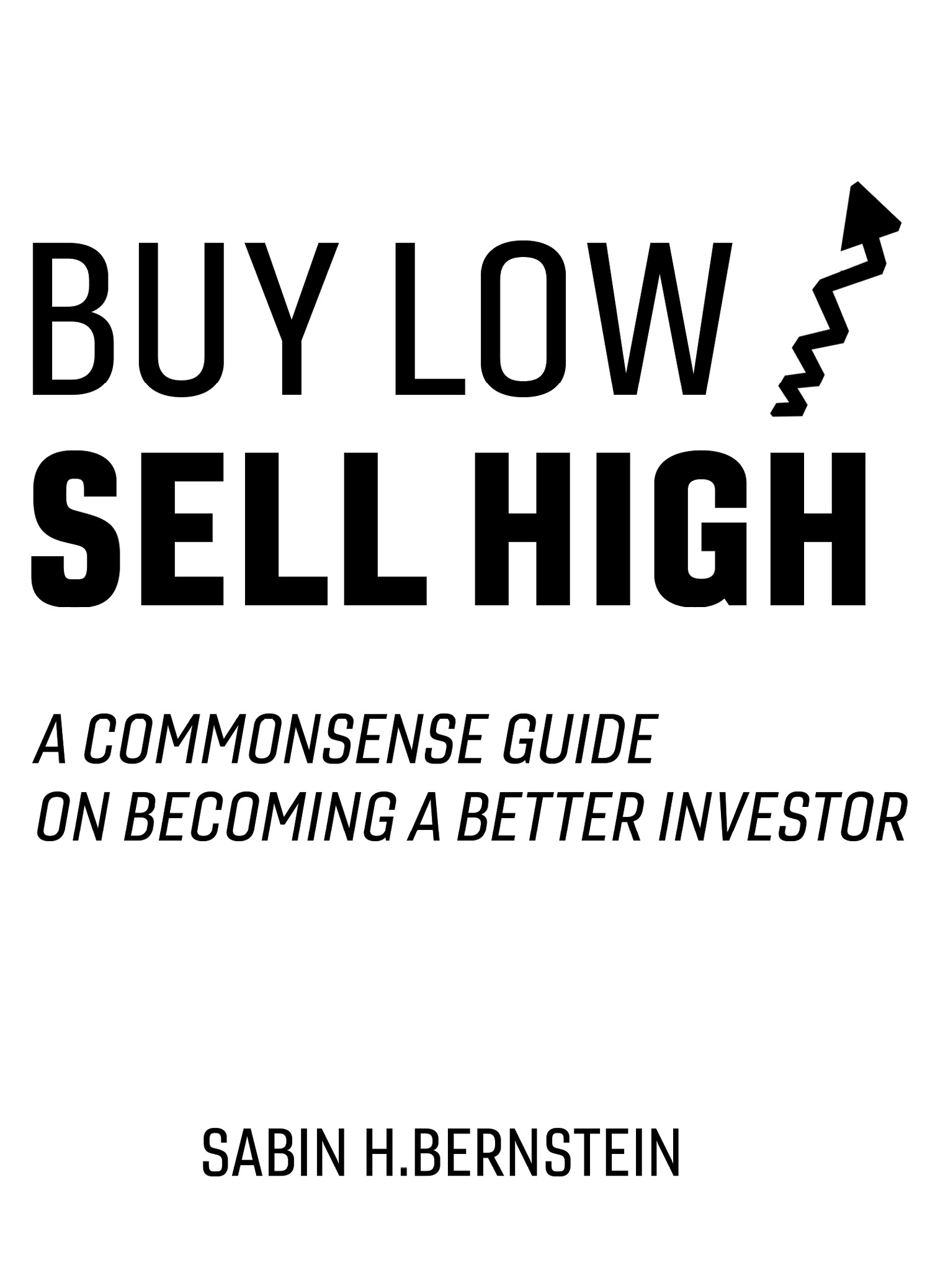Sabin H. Bernstein - Buy Low / Sell High: A Commonsense Guide On Becoming a Better Investor
Here you can read online Sabin H. Bernstein - Buy Low / Sell High: A Commonsense Guide On Becoming a Better Investor full text of the book (entire story) in english for free. Download pdf and epub, get meaning, cover and reviews about this ebook. year: 2018, publisher: BookBaby, genre: Business. Description of the work, (preface) as well as reviews are available. Best literature library LitArk.com created for fans of good reading and offers a wide selection of genres:
Romance novel
Science fiction
Adventure
Detective
Science
History
Home and family
Prose
Art
Politics
Computer
Non-fiction
Religion
Business
Children
Humor
Choose a favorite category and find really read worthwhile books. Enjoy immersion in the world of imagination, feel the emotions of the characters or learn something new for yourself, make an fascinating discovery.
- Book:Buy Low / Sell High: A Commonsense Guide On Becoming a Better Investor
- Author:
- Publisher:BookBaby
- Genre:
- Year:2018
- Rating:3 / 5
- Favourites:Add to favourites
- Your mark:
Buy Low / Sell High: A Commonsense Guide On Becoming a Better Investor: summary, description and annotation
We offer to read an annotation, description, summary or preface (depends on what the author of the book "Buy Low / Sell High: A Commonsense Guide On Becoming a Better Investor" wrote himself). If you haven't found the necessary information about the book — write in the comments, we will try to find it.
Investors tend to buy high, and sell too low, because theyre inclined to buy when the markets are rising and sell when the markets are falling. Buying and selling behaviors make it difficult to beat the market. The problem is not in the market, but in the behavior of investors. Our emotions always prevent us from making rational decisions.
Every investor tries to beat the market. Beating the market means trying to earn an investment return greater than that of the Standard and Poors 500 Index, a popular benchmark of the United States stock market. Very few do.
Theres an old saying on Wall Street: Bulls make money, Bears make money, but Pigs get slaughtered. It warns the investor against excessive greed. Buying stocks on Wall Street can be a risky business. Stocks can go down as fast as they went up, so if you have a profit, you should always take it.
Profits on paper look good, but cash in your hand feels a lot better. Always turn a profit into cash when you have one. Never let a profit turn into a loss. No one ever went broke taking profits. Profits can always free up cash for new trades, and it avoids the risk of letting profitable trades go bad.
As humans, we all make mistakes; making mistakes in the market can be very expensive. There is no profit in being wrong. The side that makes the least mistakes is the most successful.
The goal of every investor is to have small losses and large gains. You dont have to be a market genius to succeed in the market. All you need is a little common sense, reliable information, discipline, and patience. The overwhelming evidence is that stocks will remain the best investment for all those seeking steady long-term goals. Buy quality not quantity.
As Warren Buffett said:
Investing is simple but its not easy.
Sabin H. Bernstein: author's other books
Who wrote Buy Low / Sell High: A Commonsense Guide On Becoming a Better Investor? Find out the surname, the name of the author of the book and a list of all author's works by series.

